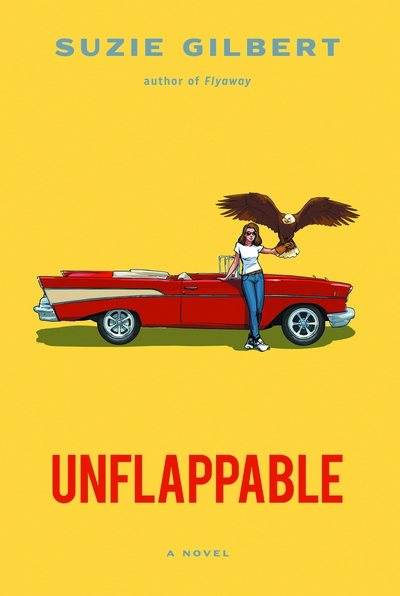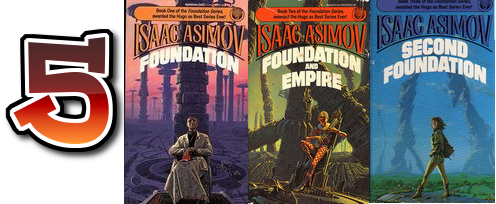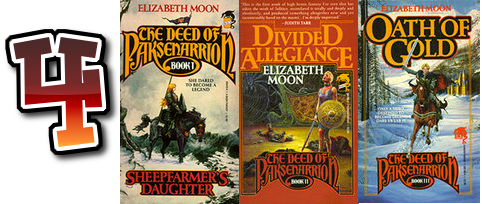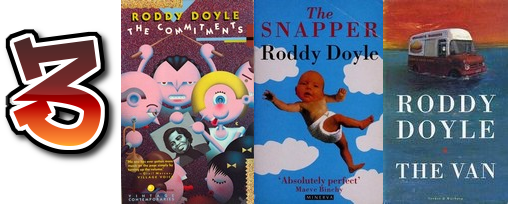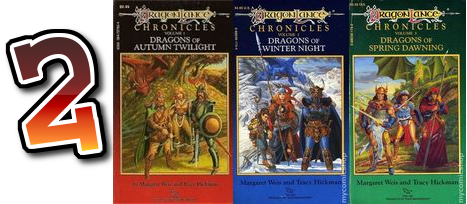
The Top 5 Saturday weekly meme was created by Amanda at Devouring Books.
Rules!
- Share your top 5 books of the current topic—these can be books that you want to read, have read and loved, have read and hated, you can do it any way you want.
- Tag the original post (This one!)
- Tag 5 people (I probably won’t do this bit, play along if you want)
This week’s topic is: Sibling Relationships. If the Weasley family doesn’t immediately spring to mind once you think about siblings, there might be something broken in your mind—ditto for the Pevensies. But I wouldn’t let myself use them. The more I wrote in this list, the more relationships came to mind that I don’t have space for–that’s very annoying (a lot of fun, too), I hate to leave some of these off. I don’t know why I didn’t grab sibling relationships that are more than a pair (the aforementioned groups, the Spellmans or Tropper’s Altmans would’ve worked)—I’m assuming it’s because I had one sibling myself, so I tend to think of pairs rather than 3+?
Sibling relationships are tricky to depict—they’re all a little different, but there are some typical aspects. There’s a shared history (even if individuals react pretty differently to them, and remember them differently); jealousy/rivalry—usually tempered by some sort of affection and loyalty; usually a bit of reflexive self-sacrifice (frequently malgré lui); and a kind of honesty you don’t get from anyone else.
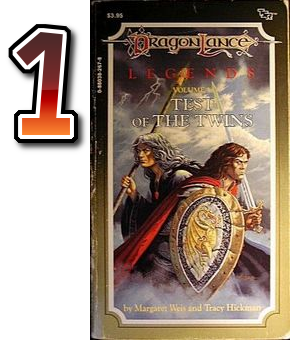
Raistlin and Caramon Majere
from: Dragonlance Chronicles, Dragonlance Legends
by
Margaret Weis, Tracy Hickman
This is the first sibling relationship that really sticks out at me (post-juvenile fiction, anyway). They need each other (in healthy and unhealthy ways), but really don’t like each other. There’s a love and a bond that’s nigh-unbreakable, don’t get me wrong, but man…Raistlin treats his brother like trash. I remember regularly being so upset with him for that (and a little bit now just thinking about it), but Caramon keeps coming back for it. He never gives up on his twin. Even when—especially when—he absolutely should. It’s a nuanced and complex relationship and is likely one that I judge many other fictional representations by.
Side note: I really need to re-read the first couple of Dragonlance trilogies.
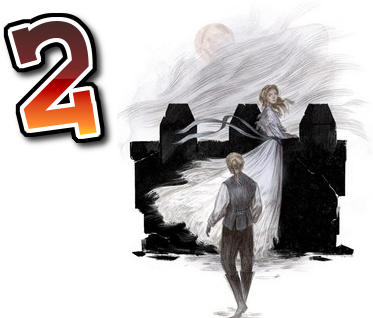
Jack and Jill Wolcott
from: Wayward Children
by
Seanan McGuire
(art by Rovina Cai)
While I do wonder if McGuire had come back to this well one time too many in this series, there’s clearly something about this fractured relationship (huh, another set of twins, with one more to come…didn’t mean to do that) that clearly resonates with readers and the author. If there’s anything healthy in their relationship when we first meet them, it’s gone by the most recent volume—but they’re the textbook definition of inextricably linked. To their detriment, yes, but that’s beside the point. Fascinating pair.
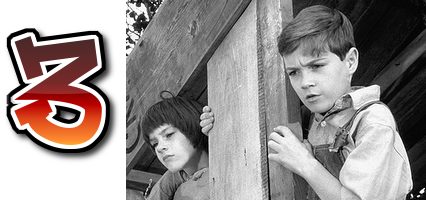
Scout and Jem Finch
from: To Kill a Mockingbird
by
Harper Lee
Scout worships her brother (doesn’t stop her from being frustrated with him frequently) and Jem’s clearly devoted and protective of her. I’ve loved reading about these two since I first met them in Mme. Dobbs’ English class* in high school and I’ll probably love it for the rest of my life. They’re not ideal, but they’re pretty close.
* she also taught my French class, so I reflexively think of her with that title)
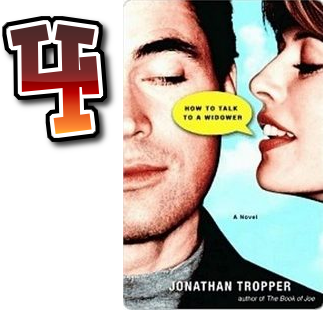
Doug and Clair Parker
from: How to Talk to a Widower
by
Jonathan Tropper
Alas, I don’t have a picture of them—Tropper doesn’t inspire a lot of fan art. Yeah, Doug and Clair’s relationship echoes any number of the sibling relationships in Topper’s work. This is honestly the first pair that jumped to mind when I compiled this list. The honesty, the humor, the prodding/pushing, and care between the two is one of the best parts of this novel (probably my favorite of his). Great interplay between the two. Neither Doug or Clair remind me of my sister or myself individually, but for some reason, their relationship made me think about our relationship.

Harry Dresden and Thomas Wraith
from: Dresden Files
by
Jim Butcher
(art by Mika-Blackfield)
Sure, these two weren’t aware of each other for most of their lives, so their shared history has only to do with their mother. Still, the bond, the love, the loyalty that everyone thinks of when it comes to brothers is perfectly depicted with these two. They’re probably my favorite sibling pair that’re still being written about—I just hope they both survive ’til the end.
![]()





